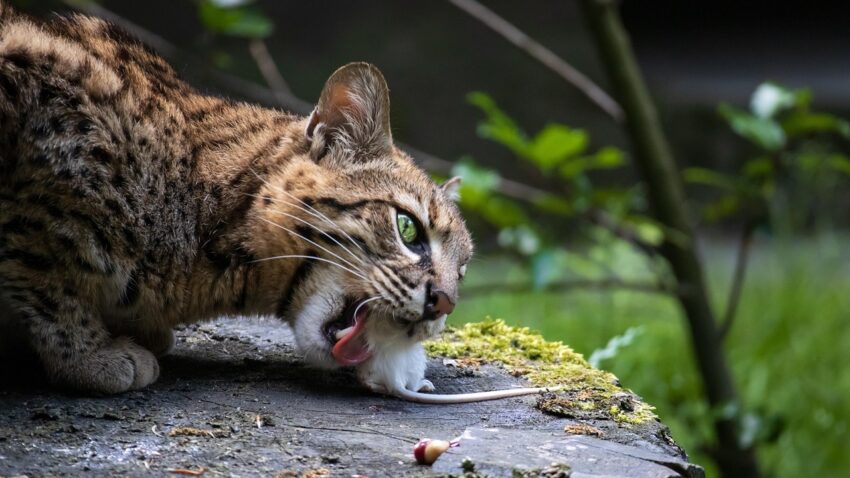Lymphoma In Cats
what it is and what you can do
Lymphoma in cats is a cancer of the lymphatic system. It may also be called lymphosarcoma. This is a common cancer in cats, making up nearly one third of all feline cancers.
The lymphatic system has a system of transportation similar to blood vessels. It has organs and nodes. Most people are familiar with the nodes at the throat which swell up when we have a sore throat, for example.
The lymphatic organs are the spleen, thymus and bone marrow.
The lymphatic system plays a few important roles:
- it clears up debris, moving it to the elimination system
- it is part of the system which maintains the feeding of the cells
- it is involved in the defence mechanism of the body, supporting a healthy immune system
- it responds to the needs of the body when trauma occurs
Lymphoma in Cats
Feline lymphoma is not specific to a breed or sex. However, some factors can predispose cats to this condition. They include:
- an inappropriate diet
- a high toxic load
- high and constant stress
- a history of feline leukaemia
- a household of smokers
Symptoms Of Lymphoma in Cats
The common symptoms that indicate this distressing problem include:
- enlarged lymph glands
- loss of appetite with weight loss
- breathing distress with fluid around the lungs
- lethargy
- dullness
It's important to realise that these symptoms are also common to many other conditions. Diagnosis is not an exact science.
Types of Lymphoma
There are various labels according to the site of the primary sarcoma.
Thymic (or mediasarcoma) occurs in the thymus.
Alimentary lymphosarcoma occurs in the digestive tract, ie the stomach, intestines, liver, spleen.
Extranodal (or miscellaneous) lymphsarcoma can occur in the eyes, the ears, the nose, the kidneys, the central nervous system, the heart or the skin.
Veterinary Treatment
The standard veterinary treatment consists of removal of the tumour with surgery, followed by chemotherapy and drugs.
Their prognosis is generally poor.
This is unsurprising as this draconian onslaught on the body:
- doesn't address the cause
- adds to the toxin load
The medical system, firmly rooted in the outdated germ theory, is all about killing the messenger.
The symptoms of lymphoma in cats isn't about a diagnosis. It's about a cry from the body that it can't carry on in this way. That a radical change is needed. That the immune system is so damaged as to be virtually useless.
What is Needed
Commercial cat food is poison to cats. The plant based ingredients, the chemicals masquerading as nutritional supplements, the preservatives all take a severe toll on a cat's body.
Cats are carnivores. They don't have the ability to digest or assimilate plant based food. The only time a cat eats a plant is for medicinal reasons.
Cats are extremely sensitive animals. They don't have the ability to excrete the increasing levels of toxin build up.
Over time, the immune system is slowly compromised. By the time lymphoma occurs, it is almost useless.
However, there is hope, as it still does have the ability to respond to what it always wanted - a species-specific diet and the reduction in the toxin load.
By giving the body what it needs, the function of the immune system can fully recover. With that now in tact, it can easily heal the lymphoma. And everything else.
Natural Healing Lymphoma in Cats
There are various ways to help, truly help. They include:
- a species-specific diet - as a priority
- avoidance of toxins - this includes veterinary drugs and injections
- a stress-free lifestyle
- access to chemically clean grass and herbs to self medicate
- preferably access outside, or at least access to direct sunlight and paws on the ground
- using holistic health care such as homeopathy
Lymphoma in cats could become a past bad nightmare by adopting these practices. If you can’t manage them all, then at least address the diet. Feeding your cat a natural, quality, healthy diet can mean the difference between a short and diseased life and a long, healthy one.
Cats are hunters, not kibble junkies.

